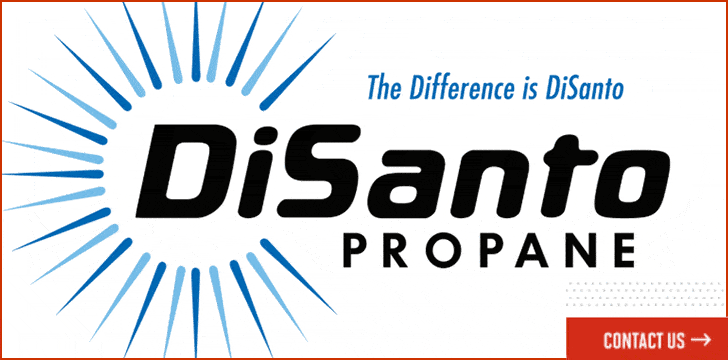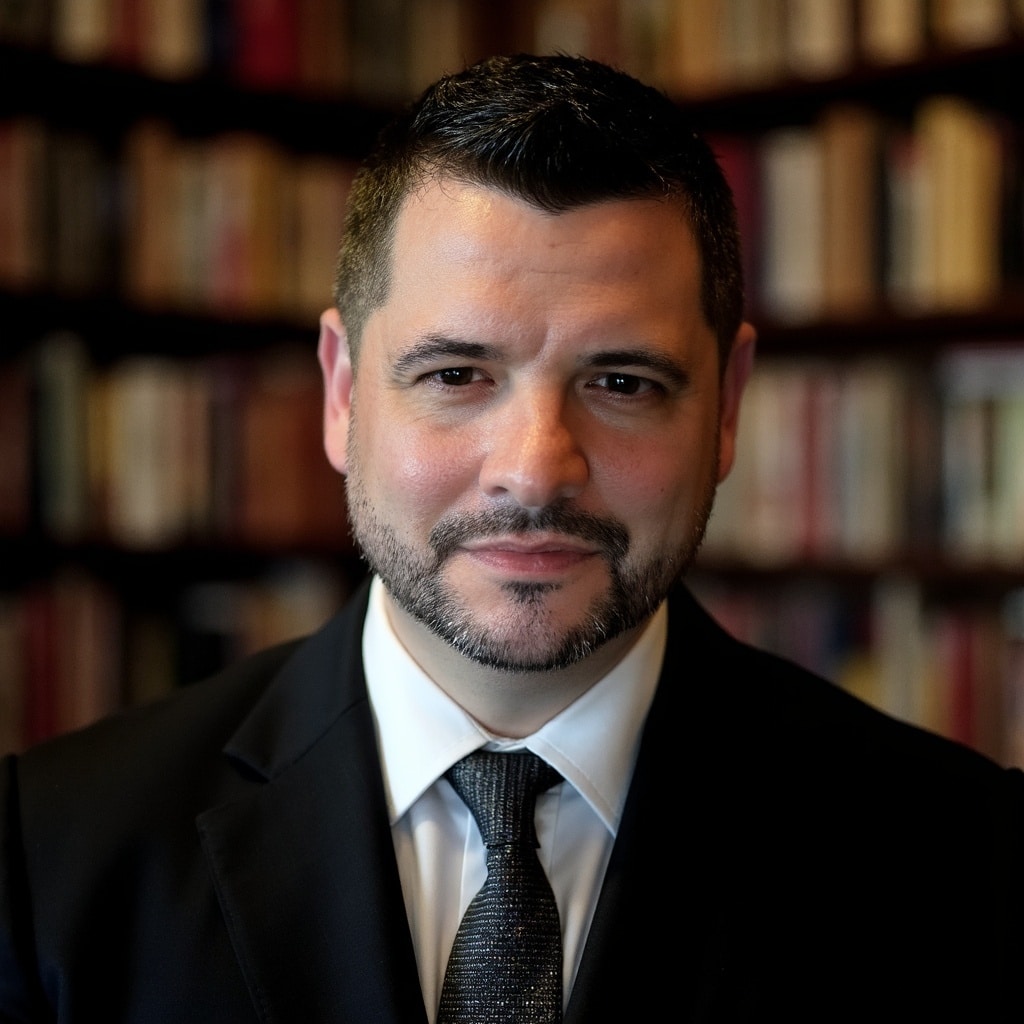Tucked away in the rolling hills of western New York, the Little Finger Lakes region may not have the name recognition of its larger counterparts—but that’s exactly what makes it special. Here, mist rises from glassy waters at dawn, winding trails lead to breathtaking vistas, and tight-knit communities are shaping a future that balances progress with preservation.
In a world where small towns often struggle to hold onto their identity, a passionate group of local farmers, entrepreneurs, and environmental stewards are proving that little doesn’t mean less. Instead, they see it as an opportunity—to build a sustainable, community-driven economy, to protect the land they love, and to create a model of mindful development that other rural regions can follow.
Margaret Mead once said, “Never doubt that a small group of thoughtful, committed citizens can change the world; indeed, it’s the only thing that ever has.” In the Little Finger Lakes, that change is happening now.
Building a community around sustainability
At a recent community workshop focused on the future of the region, the energy in the room was palpable. Farmers, environmentalists, business owners, and concerned citizens gathered to discuss a bold vision—one that protects the land while fostering a thriving local economy.

A central question emerged: How can our needs be met by the land? From mushroom farmers to social workers to county historians to vintners to tourism directors to educators to long-time residents, the room echoed with a deep reverence for nature. The group shared a commitment to living in vibrant communities with strong schools, sustainable agriculture, and small businesses that honor the region’s character. Yet, there was also concern—how can they prevent overdevelopment, commercialization, and tourism that threatens the very essence of the Little Finger Lakes?
The power of “Little”
A surprising theme that surfaced during discussions was the power of little. In a society that often equates bigger with better, the group explored how the region’s small size is actually an asset. Smaller communities mean deeper connections, more sustainable tourism, and the ability to make thoughtful, intentional choices.
The Little Finger Lakes region is a hidden gem, offering pristine lakes, boutique artisan shops, and outdoor adventures like hiking, ice fishing, birdwatching, and cycling. Towns like Avon, Lima, Livonia, Lakeville, Hemlock, Honeoye, Bloomfield, Naples, and Geneseo boast a rich history and a strong sense of community. Whether visitors seek farm stays, world-class local cuisine, or an escape into nature, the area offers an authentic experience that remains deeply rooted in place.
A new approach to business and community
Michael Morgan, a farmer, social worker, and community organizer, believes this moment presents a rare opportunity. “This is about more than just economic growth. It’s about learning how to be in community—with one another, with the land, and with the generations to come.”
His words resonated with Caitlin Solano and Chris Wang-Iverson, two young organic mushroom farmers who moved to the area two years ago. They are eager to learn from local traditions while introducing a business model based on a gift economy—one that fosters reciprocal relationships rather than pure financial transactions. But like many, they worry about gentrification and the loss of what makes the area special.
Molly Meagher, an event planner at Deer Run Winery and a Livonia High School graduate, shares that concern. Having grown up here, she now sees the region through fresh eyes. “We want visitors who appreciate what makes this place unique. We need tourism, but not at the cost of our identity.” Her focus? Values-based tourism—welcoming those who respect the land, culture, and people who call the Little Finger Lakes home.
A destination rooted in purpose
Beyond its scenic beauty, the region offers year-round activities that celebrate its natural assets. In the winter, visitors can enjoy ice fishing, snowshoeing, and cross-country skiing. In the warmer months, the lakes and trails beckon with opportunities for swimming, hiking, and camping. Unique experiences like glamping, midnight canoeing, and foraging for local foods draw those seeking an immersive connection with nature.




Harriman Hollister State Park remains a favorite for outdoor enthusiasts, while local farms and wineries offer hands-on experiences that support a growing agritourism movement. Whether through farm-to-table dining, regenerative agriculture, or community-supported markets, the Little Finger Lakes is proving that economic growth and sustainability can go hand in hand.
The future is in their hands
The vision for the LFLR’s future is being guided by a leader whose passion for both history and community is helping to shape a new path for the region. Jerry Elman, a second-generation Holocaust survivor, educator, and advocate, is the visionary behind the push to solidify the region’s identity and foster sustainability. His deep-rooted connection to history and commitment to educating diverse audiences has brought a fresh perspective to the ongoing initiative. As the board president of the Little Lakes Community Center in Hemlock, where the workshop was hosted, Elman has been instrumental in fostering regional identity and supporting sustainable practices across the region.
Jerry Elman’s philosophy is simple but impactful: “I was raised to care about the world, to stand up for what is right and not judge others. I was raised to make a difference and be ethical, and that’s what I’ve done in my career at Kodak and auto repair. I took people under my wing and mentored them (to move up the corporate ladder).” It is this ethos of ethical leadership, mentorship, and community-building that he now brings to the Little Finger Lakes, working to ensure that the area thrives sustainably and collaboratively.




Elman believes that the region is more than just a destination—it can become a community with a shared vision. By prioritizing environmental stewardship, fostering local businesses, and cultivating a deep respect for the land, this small but mighty region can redefine what it means to grow.
The strength of this movement lies not just in the breathtaking lakes and forests, but in the people who refuse to let short-term development overshadow long-term sustainability. Through collaboration, innovation, and an unwavering commitment to their home, the people of the Little Finger Lakes are ensuring that their small corner of the world remains a place where both nature and community can thrive.
And in the spirit of Margaret Mead’s timeless words, they are proving that a small group of thoughtful, committed citizens truly can change the world.


